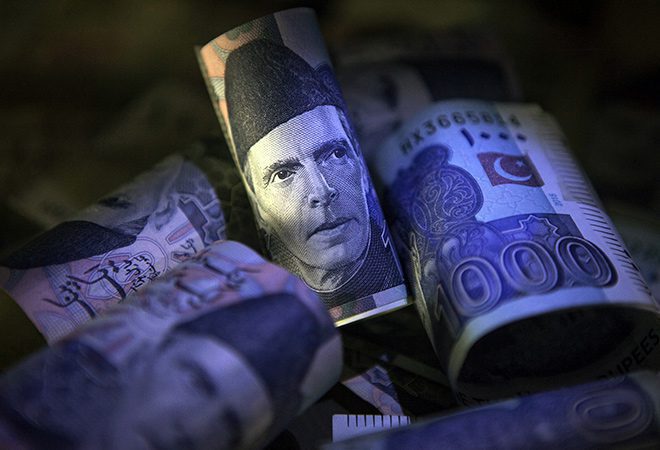The budget for 2022–2023, which is severely opposed by Pakistan Software Houses Association (P@SHA) for IT and ITeS, which represents over 1,000 member companies, was recently released. Despite the Pakistani Prime Minister’s aspirational words to export $15 billion worth of IT and IT-enabled services, the industry’s potential to meet this goal has been completely abandoned by the budget that was just released.
P@SHA Chairman Badar Khushnood claims that
“The currently implemented regressive taxation regime has already proven disastrous to the IT industry’s growth. This year’s targeted exports of $3.5 billion are also not being achieved due to the introduction of an inefficient tax regime. Rather than facilitating the IT industry with more and better incentives to catalyze the existing organic growth, the previously announced one, and the only benefit, i.e. ‘tax exemption’ committed till 2025, has been abruptly reneged and revoked. If nothing else, this is a recipe for disaster for a nascent yet fastest-growing export-led sector! In 2021, the IT industry crossed exports of over $2.1 billion. The industry had the unique distinction of being Pakistan’s only export industry with a 75% trade surplus since the key raw material for IT exports is ‘skilled human talent’ which is already available in the country, so there is no need for any imports to grow IT services exports. Supporting the livelihoods of 600,000 professionals & freelancers and over 10,000 companies, the IT industry has proven to be the fastest-growing industry in Pakistan. It has demonstrated the potential to address the current account deficit with a strong, self-reliant, and sustainable financial future for Pakistan. In 2022, IT industry is expected to become the 2nd largest export sector crossing all traditional sectors (while 1st position is maintained by the textile industry).”
In response to the sector’s stellar performance, a loud and cruel anti-IT budget onslaught has been launched against its continued existence. It has raised concerns about Pakistan’s digital economy, including IT, ITeS, startups, independent contractors, and the e-commerce sector.
The budget draught was intended to ensure continuity of policy, but instead, it has caused uncertainty and disappointment in the IT sector and raised questions about the government’s understanding and political commitment to the one industry that has the potential to resolve Pakistan’s economic crisis in the shortest amount of time with the fewest resources needed.
P@SHA has been collaborating closely with the Pakistan Software Export Board and the Federal Ministry of Information Technology and Telecommunications (MoITT) (PSEB).
Despite the unmatched and laudable support of the Honorable Minister, Mr. Amin-ul-Haq, and his staff at the MoITT, the Finance Ministry’s proposed budget failed to capture the advantages of this model public-private partnership. It’s crucial to emphasize that this budget does not even come close to meeting the demands of the IT sector.
Furthermore, the implementation of previously announced packages has not yet occurred, and abruptly detrimental alterations have been made. The newest victim of Pakistan’s political and economic unrest appears to be the IT sector. P@SHA, the sole organization that represents the industry, fiercely disagrees with the current budget draught and has doubts about the Cabinet’s and the Ministry of Finance’s comprehension of the dynamics of the IT sector in a worldwide context.
The knowledge economy functions differently than traditional industries. Drastic policy changes generate concerns both domestically and internationally about the government’s awareness of the gravity of the problem and how its policies may threaten the expansion of the IT industry. They also breed confusion and a sense of fear over inconsistent policies.
It should be emphasized that the IT sector frequently works with overseas clientele. Such budgetary adjustments increase investor distrust and deter foreign businesses from bringing funds and investments to Pakistan.
Other nations in the region, as opposed to Pakistan, have developed mature ecosystems thanks to supportive governmental policies. P@SHA is a staunch supporter of creating a supportive atmosphere for the IT sector. The IT sector in Pakistan has already demonstrated its capacity for expansion to reshape the country and generate over 100,000 new employment annually.
As Khushnood put it,
“We are left with a very short window of opportunity before it’s too late and hope that the decision-makers at the highest level will understand the IT industry’s challenges and facilitate continuity of policy for a better and stronger Pakistan.”
